The medical community in Mumbai is expressing concerns about the quality of drugs produced in substandard manufacturing facilities. They are highlighting the importance of holding manufacturers accountable for the quality of medications and emphasizing the need for strict enforcement of patient safety and care.
These concerns have arisen in response to regulations issued by the National Medical Commission (NMC) that recommend doctors exclusively prescribe generic medicines. This directive is intended to prevent potential consequences associated with specific brand-name drugs.
A representative from a pharmaceutical company revealed that medicines undergo rigorous quality and safety assessments at multiple stages before they receive approval and patents. According to the United States Food and Drug Administration (USFDA), generic drugs are designed to be identical to brand-name drugs in terms of dosage form, safety, strength, route of administration, quality, performance characteristics, and intended use.
Anil Navandar, the Secretary of the Maharashtra State Chemists and Druggists Association, pointed out that India plays a significant role in global medicine exports (13-14%) and cautioned that the government should have carefully considered the impact of such regulations on the pharmaceutical industry. He expressed concerns that these rules might inadvertently allow certain pharmaceutical companies to manufacture substandard medicines without proper quality checks and controls.
Navandar further explained that prescribing generic drugs could present practical challenges for doctors, as different factors need consideration based on the specific disease. He also noted that for transparency, equal pricing should be established for all medicines to ensure affordability for all patients. He expressed skepticism about the efficacy of the government's approach and suggested it might lead to the misuse of antibiotics.
In response to these concerns, a meeting involving various chemist associations is scheduled for August 19 to discuss the implications of the NMC regulations. Senior officials acknowledged that medical stores often avoid stocking generic medicines due to low profit margins. Additionally, when generics are unavailable, pharmacists may opt for higher-profit-margin brands, regardless of their quality. They also highlighted that not all generic medicines are of the same quality.
Senior officials from chemist associations recommended that the guidelines clarify whether prescribing generics is mandatory or merely suggested. They proposed that instead of focusing on urging doctors to prescribe generics, the government should prioritize promoting the manufacturing of generic medicines.
Mumbai's medical community is advocating for accountability and transparency in the pharmaceutical industry while expressing reservations about the exclusive prescription of generic drugs. The concerns raised underline the need for a balanced approach that ensures patient safety, affordability, and quality in healthcare.

 Mumbai's medical community is advocating for accountability and transparency in the pharmaceutical industry while expressing reservations about the exclusive prescription of generic drugs. The concerns raised underline the need for a balanced approach that ensures patient safety, affordability, and quality in healthcare.
Mumbai's medical community is advocating for accountability and transparency in the pharmaceutical industry while expressing reservations about the exclusive prescription of generic drugs. The concerns raised underline the need for a balanced approach that ensures patient safety, affordability, and quality in healthcare.









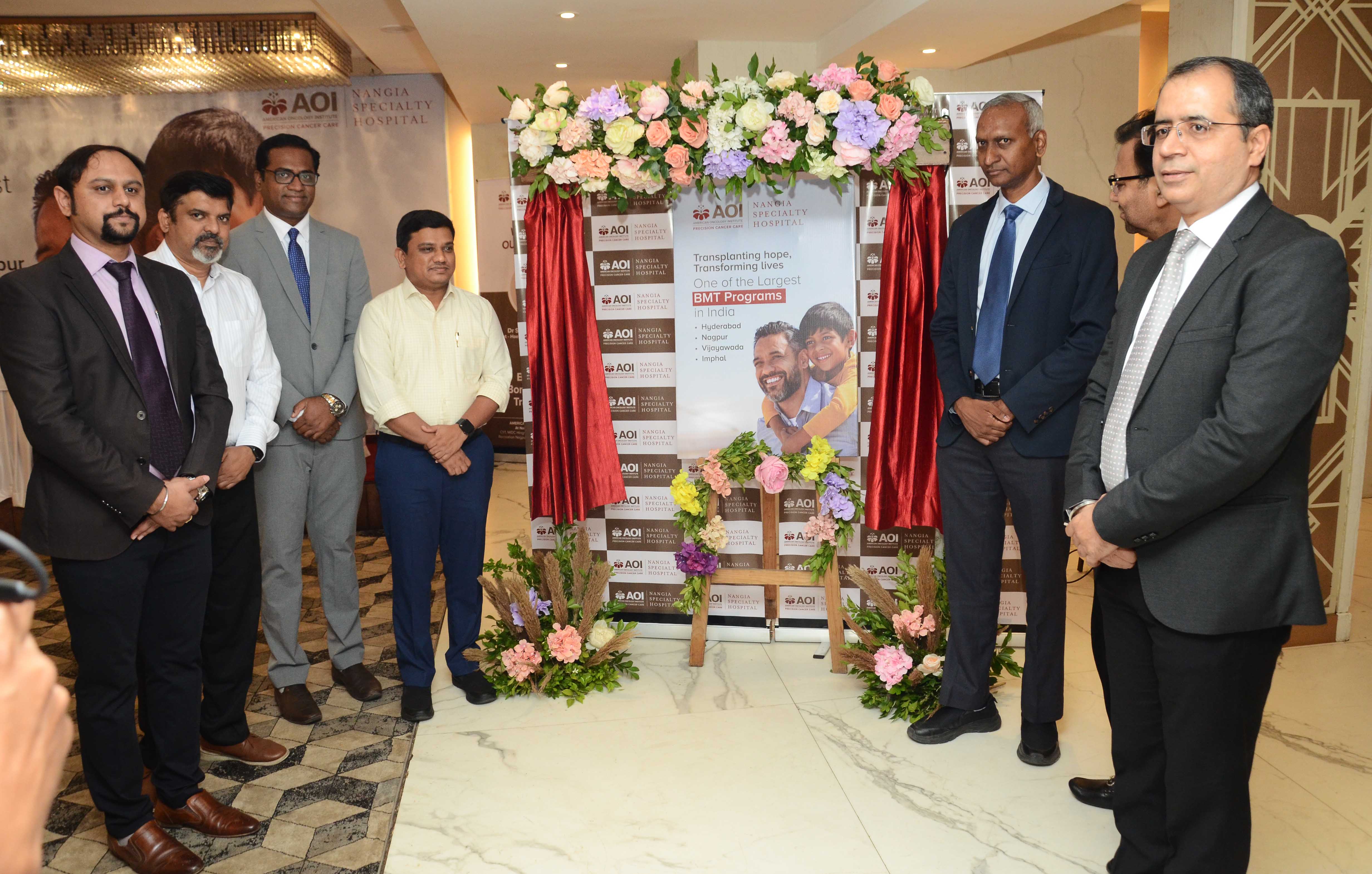
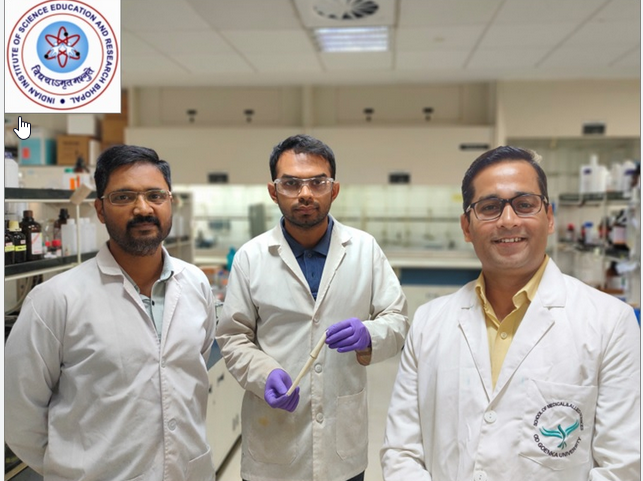
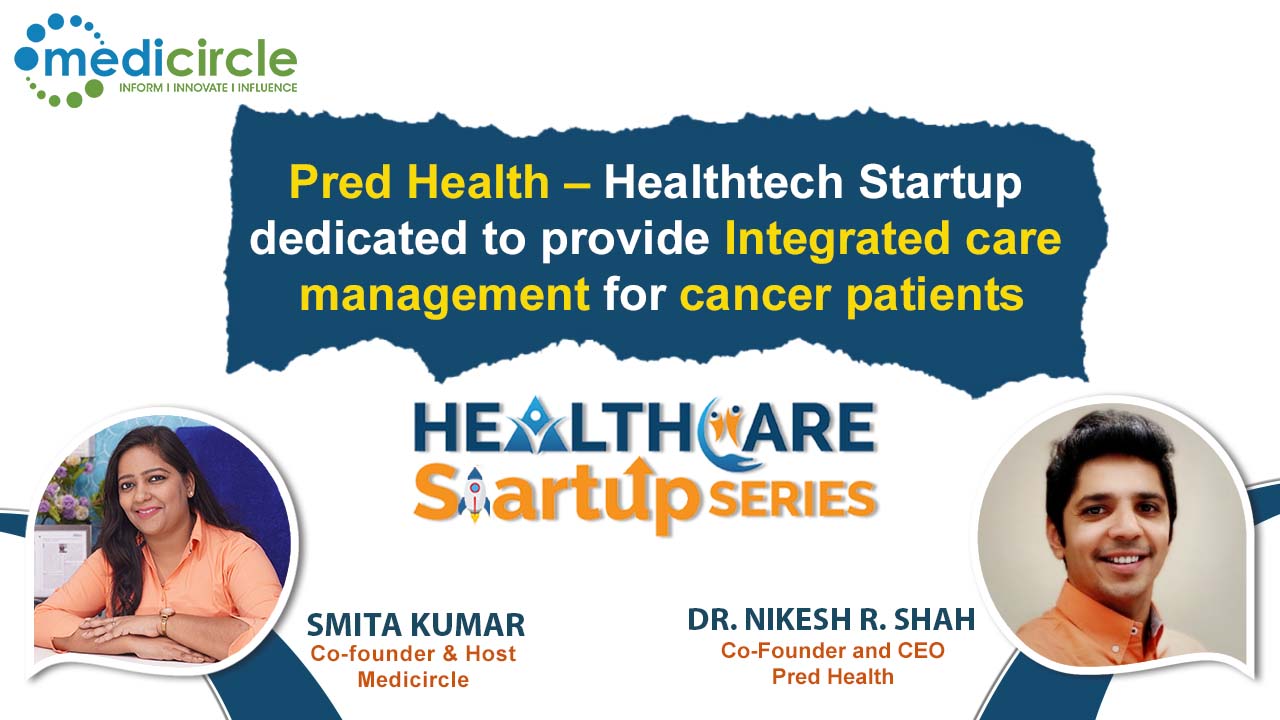
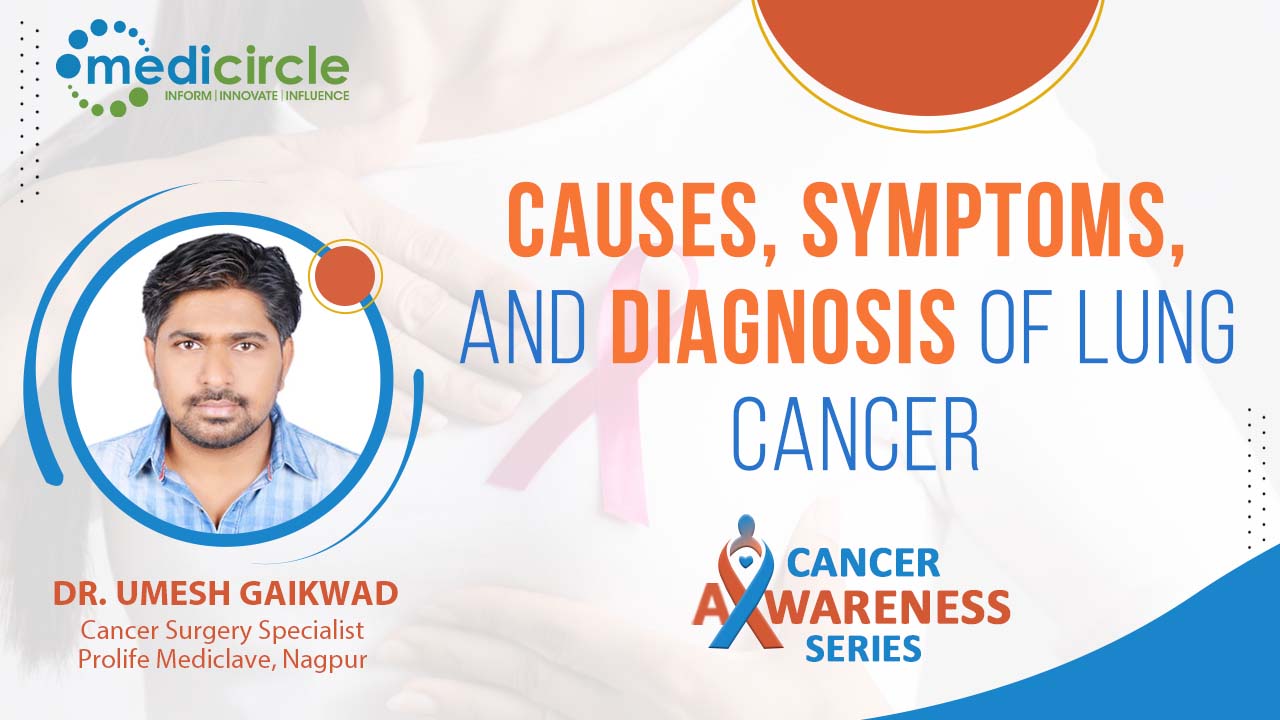
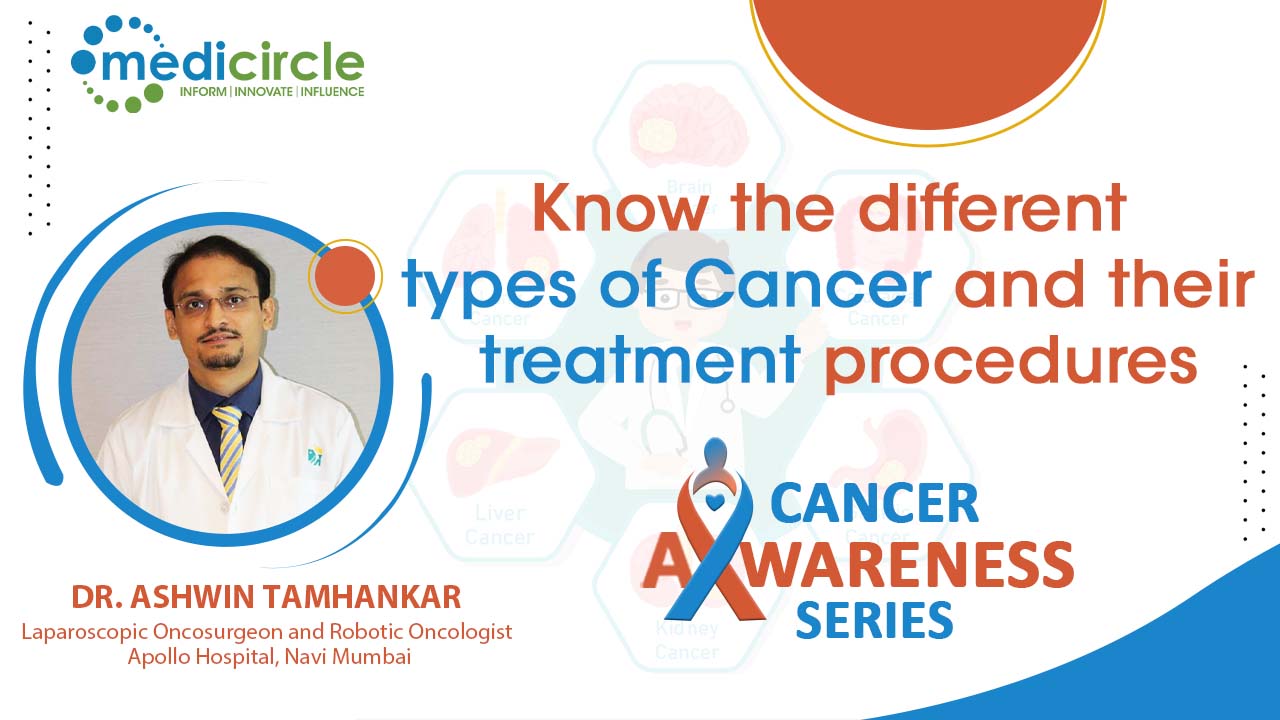






.jpeg)


.jpeg)
.jpeg)
.jpeg)
_(1).jpeg)

_(1)_(1)_(1).jpeg)
.jpeg)
.jpeg)
.jpeg)








.jpeg)
.jpeg)